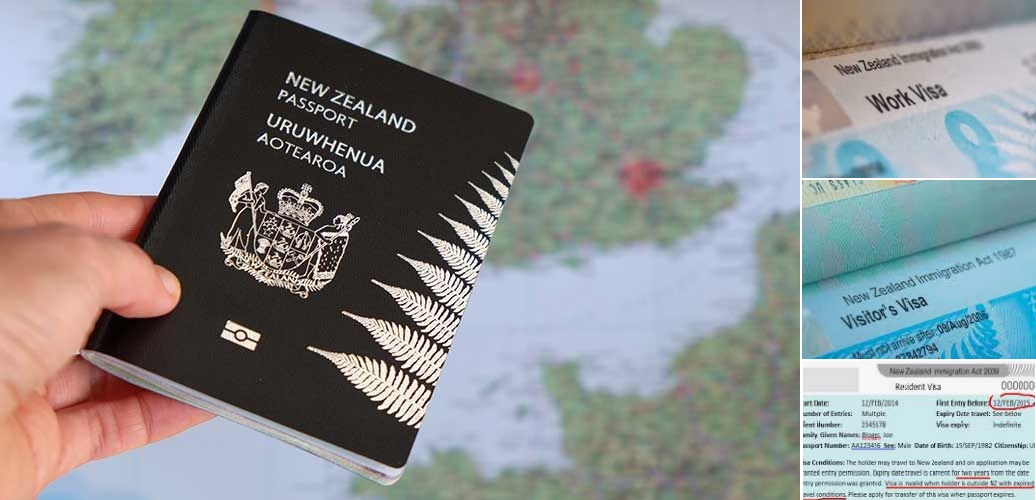Are you dreaming of experiencing the vibrant culture, breathtaking landscapes, and rich heritage of India? Look no further! As you embark on this incredible journey, it’s essential to understand the different categories of Indian visas available. From tourist visas for short visits to business visas for professional endeavors, each category offers unique opportunities. Join us as we take a deep dive into the world of Indian visas and help you choose the perfect one that suits your purpose. Let’s unravel this exciting chapter together and turn your Indian dreams into reality! TYPES OF INDIAN VISA
Introduction to Indian Visas
If you’re planning a trip to India, you’ll need to obtain a visa. There are several different types of Indian visas available, so it’s important to choose the right one for your travel needs. In this article, we’ll introduce you to the various categories of Indian visas and help you determine which one is right for you.
The most common type of Indian visa is the tourist visa. This allows foreigners to enter India for leisure travel and sightseeing. If you’re planning a short trip to India, a tourist visa is probably the best option for you. Student visas are also available for foreign students who wish to study in India.
Business visas are available for those traveling to India on business purposes. If you’re planning to attend a business meeting or conference in India, you’ll need a business visa. Work visas are also available for foreign nationals who wish to work in India.
There are also several other types of Indian visas available, including medical visas, transit visas, and journalist visas. If you’re not sure which type of visa is right for your trip, please contact us and we’ll be happy to help you choose the best option for your travel needs.
Categories of Indian Visas and Requirements for Each
There are many different types of visas that are available for foreign nationals who wish to travel to India. The type of visa that you will need to obtain will depend on the purpose of your visit. Below, we have provided a brief overview of the different categories of Indian visas and the requirements for each:
– Tourist Visa: A tourist visa is required for those who wish to travel to India for leisure purposes. The maximum stay allowed on a tourist visa is 6 months. In order to apply for a tourist visa, you will need to submit a completed application form, your passport, two passport-size photographs, and the applicable visa fee.
– Business Visa: A business visa is required for those who wish to travel to India for business purposes. The maximum stay allowed on a business visa is 1 year. In order to apply for a business visa, you will need to submit a completed application form, your passport, two passport-size photographs, a letter from your employer detailing the purpose of your trip, and the applicable visa fee. INDIAN VISA TYPES
– Student Visa: A student visa is required for those who wish to study in India. The maximum stay allowed on a student visa is 5 years or the duration of your studies (whichever is shorter). In order to apply for a student visa, you will need to submit a completed application form, your passport, two passport-size photographs, an admission letter from an educational institution in India, and the applicable visa fee.
Business Visa Requirements and Benefits
If you’re looking to travel to India for business purposes, you’ll need to obtain a business visa. The requirements and benefits of a business visa are as follows:
– You must have an invitation from a company or organization in India.
– Your travel must be related to business, such as attending meetings or conferences, negotiating contracts, or establishing new business ventures.
– You may stay in India for up to 180 days on a business visa.
– You can apply for multiple entry visas which allow unlimited visits within the validity period of the visa (usually one or two years).
– Business visas can be extended for up to another 180 days.
– Holders of business visas are allowed to bring their spouses and dependent children with them to India.
Tourist Visa Requirements and Benefits
If you’re planning a trip to India, you’ll need to obtain a tourist visa. The requirements and benefits of the tourist visa vary depending on your country of citizenship.
To apply for a tourist visa, you’ll need a valid passport, two recent passport-size photographs, and proof of onward travel. You may also need to provide proof of sufficient funds to support your stay in India.
The tourist visa allows you to stay in India for up to six months. During your stay, you can explore the country’s many sights and attractions. You’ll also have the opportunity to experience the country’s rich culture and cuisine.
Student Visa Requirements and Benefits
There are many different types of student visas available for those who want to study in India. The most common type of student visa is the Student Visa (SV) which allows the holder to stay in India for the duration of their studies. Other types of student visas include the Research Visa (RV), Exchange Visa (EV), and Internship Visa (IV). Each type of visa has its own requirements and benefits, so it is important to research which one is right for you before applying.
The Student Visa is the most popular type of student visa for those wishing to study in India. It allows the holder to stay in India for the duration of their studies, up to a maximum of five years. The Student Visa also allows the holder to work part-time during their studies, up to 20 hours per week. To be eligible for a Student Visa, you must be enrolled in an educational institution approved by the Indian government and have a valid passport. You will also need to provide proof of financial capability, such as a bank statement or sponsorship letter.
The Research Visa is designed for those who wish to conduct research in India. It allows the holder to stay in India for up to six months, extendable up to one year. The Research Visa does not allow the holder to work during their stay in India. To be eligible for a Research Visa, you must be enrolled in an academic research institution approved by the Indian government and have a valid passport. You will also need
Employment Visa Requirements and Benefits
Anyone seeking employment in India must obtain an Employment Visa, which is also referred to as a work permit. The application process for an Employment Visa is relatively straightforward, but there are a few requirements that must be met.
First and foremost, applicants must have a job offer from a company or organization based in India. The job offer must be for a full-time position and the applicant must be qualified for the position. In addition, the applicant’s employer must obtain approval from the Ministry of Home Affairs before the visa can be issued.
Once all of the necessary paperwork has been completed, the applicant will need to submit their passport, two photographs, and the application fee to the Indian consulate or embassy nearest them. It can take up to eight weeks to receive an Employment Visa, so it’s important to plan ahead.
Once the Employment Visa has been granted, holders are allowed to stay and work in India for up to five years. After that time period, holders can apply for an extension if they wish to continue working in India.
Medical Visa Requirements and Benefits
The Medical Visa is valid for three months to one year and allows multiple entries. It is granted to foreign nationals who are coming to India for medical treatment. The following are the requirements and benefits of the Medical Visa:
Requirements:
– Passport with at least six months of validity remaining
– Completed visa application form
– Two passport-sized photographs
– Letter from doctor or hospital in India stating the purpose of travel
– Supporting documents such as medical reports, lab tests, etc. may be required
Benefits:
– Allows foreign national to receive medical treatment in India
– Multiple entries allowed
Conclusion
We hope this article has been helpful in providing an overview of the different types of Indian visas available and helping you decide which one is most suitable for your needs. With the right visa, you can explore India’s fascinating culture and history while taking advantage of all that it has to offer. Whether you are looking for a short-term tourist experience or a longer stay to establish residency, there is a visa option out there for everyone who wishes to visit India.











